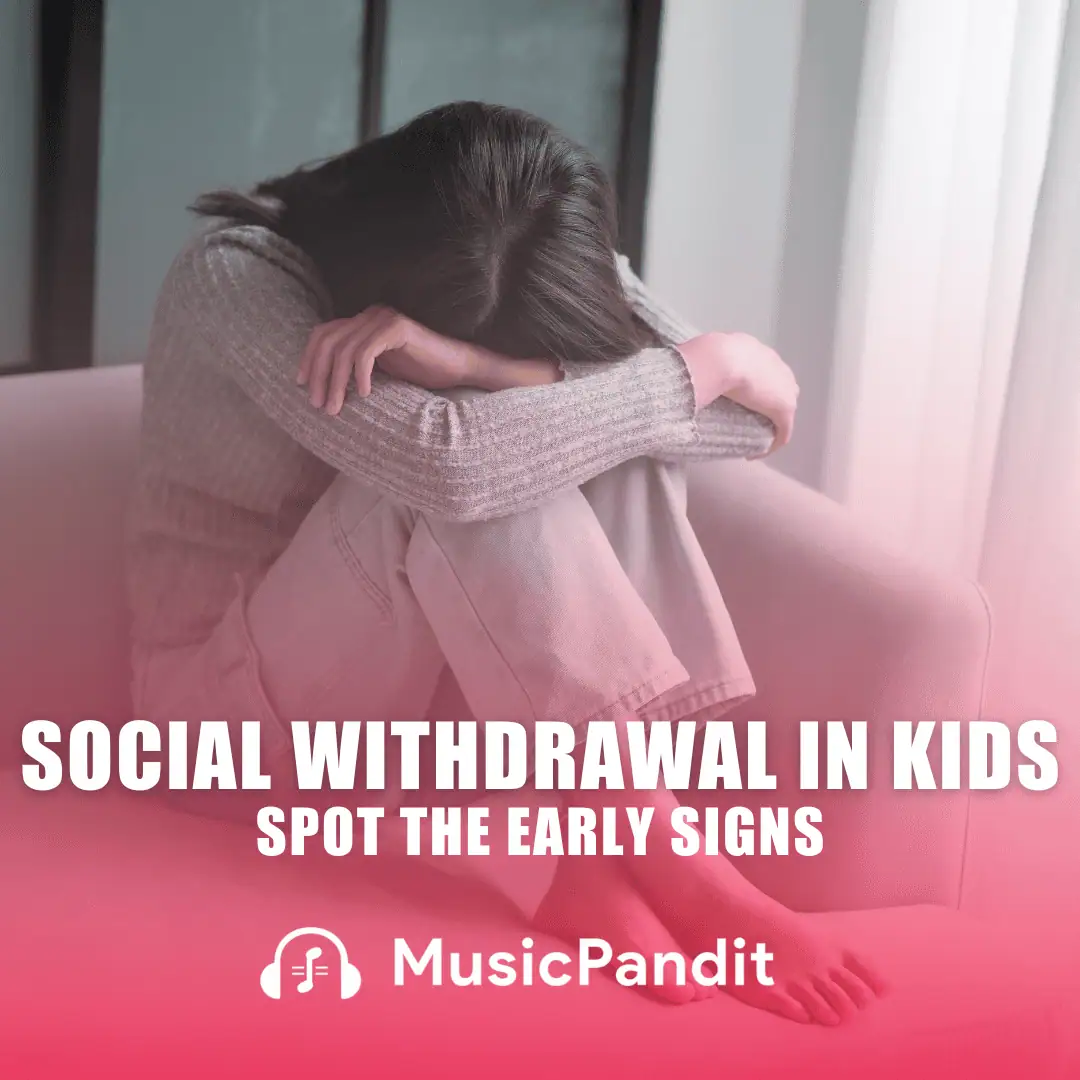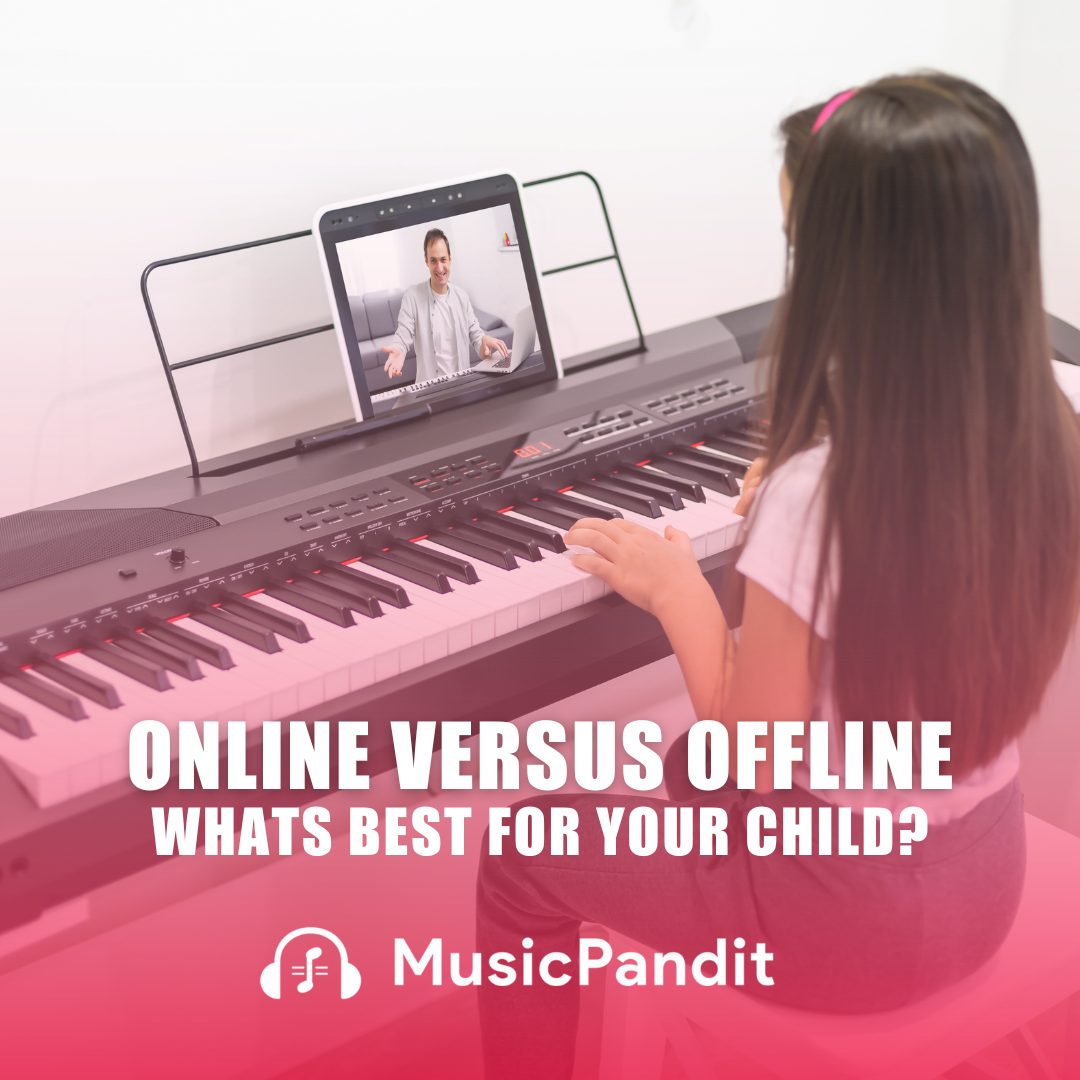Piano lessons are a fantastic way for children to develop creativity, discipline, and musical understanding. However, keeping young learners engaged, especially in online settings, can sometimes be a challenge.
As attention spans grow shorter, finding fun and innovative ways to teach piano becomes crucial for ensuring kids stay motivated and enjoy their musical journey. With that in mind, in this article we will explore seven exciting strategies to keep your child captivated by their online piano lessons.
Keeping the Children Engaged
With the rise of online learning, more children than ever are taking piano lessons from the comfort of home. While convenient, this shift comes with its own set of challenges, particularly in maintaining a child’s interest and enthusiasm. Luckily, there are plenty of creative approaches parents and teachers can use to transform online piano lessons from a chore into an adventure.
Let us explore seven effective ways to keep kids engaged during their online piano lessons, offering practical tips and ideas to help them stay excited and eager to learn.
1. Incorporate Interactive Tools and Games
One of the biggest advantages of learning piano online is access to a wide variety of digital tools that can make learning fun. Apps and games specifically designed for piano learners offer a more interactive experience than traditional lessons.
Apps and Gamified Learning: Apps like Simply Piano, Flowkey, and Piano Maestro provide interactive tutorials that guide children through learning songs in an engaging, game-like environment. These platforms often include rewards, badges, and levels, which can motivate children to practise regularly.
Digital Pianos with Apps: Many digital pianos and keyboards are compatible with educational apps, allowing children to connect their instruments to devices and use built-in games to learn at their own pace.
2. Introduce Short, Focused Practice Sessions
Kids have short attention spans, so expecting them to focus for long periods can lead to frustration. Instead, break practice sessions into manageable, short bursts.
20-Minute Practice: Studies show that 20 minutes of practice several times a week can be just as effective as longer sessions, especially for younger students. This keeps lessons fun and light rather than overwhelming.
Mini Challenges: Create mini-challenges where kids aim to learn a new chord or perfect a few bars of a song within a set time limit. This keeps the practice exciting and gives a sense of accomplishment after each mini-task.
3. Use Popular Songs to Spark Interest
One of the best ways to keep kids engaged is to teach them songs they love. Whether it’s a track from their favourite movie or a popular tune on the radio, learning familiar songs can make piano practice feel less like work and more like play.
Personalised Song Choices: Allowing children to choose their own songs to learn can give them a sense of ownership over their learning process. This can include simple versions of pop hits, Disney songs, or even themes from their favourite video games.
Breaking Down Complex Songs: For more complex pieces, break them down into simple, manageable sections that the child can master bit by bit.
4. Make Learning Visual with Flashcards and Colour Coding
Kids are highly visual learners, and incorporating flashcards or colour-coding can be a fun way to reinforce new concepts.
Musical Flashcards: Flashcards with musical notes, terms, and symbols can be used as part of an interactive game to test a child’s knowledge. For example, soccer-themed or oversized flashcards add an element of excitement while reinforcing music theory.
Colour-Coded Notes: Colour-coding notes on the piano or on sheet music can help kids quickly identify different chords and scales, making the learning process less intimidating and more approachable.
5. Create a Reward System
Everyone loves a reward, and kids are no different. Incorporating a reward system can motivate children to keep practising and reach new goals.
Incentive Programs: Create small incentives for completing tasks such as learning a new song or improving a tricky section. These rewards could be anything from a fun activity to earning stickers, badges, or even small treats.
Weekly Goals: Set weekly goals for practice, and reward consistency with bigger milestones, such as finishing an entire piece.
6. Encourage Creative Expression with Improvisation
Letting kids explore their creativity through improvisation can be a fantastic way to break from traditional lesson structures. It allows them to express themselves and understand music more intuitively.
Storytelling with Music: Encourage your child to create stories with the piano, asking them to play music that represents different emotions, such as happiness, sadness, or excitement. This can be a fun way to explore major and minor chords without it feeling like a lesson.
Free Play Time: Allow some time during each session for free play, where kids can experiment with sounds, explore the piano without rules, and develop a love for the instrument on their own terms.
7. Incorporate Singing and Playing Together
For many children, singing while playing the piano can make lessons more dynamic and enjoyable. Not only does this improve their coordination, but it also adds an element of fun to the experience.
Adding Lyrics: For pieces that don’t have words, encourage your child to make up lyrics that fit the rhythm and mood of the song. This helps deepen their understanding of how music and lyrics work together.
Play-and-Sing Games: Create play-and-sing challenges where children must sing along while playing, making it a fun multitasking game that develops both their piano and vocal skills.
Conclusion
Keeping kids engaged in online piano lessons is all about making learning fun and interactive. By incorporating digital tools, offering creative incentives, and allowing room for personal expression, parents and teachers can help children build a lifelong love for music. Whether it’s through playing their favourite songs or exploring the piano through improvisation, there are countless ways to keep young learners motivated and excited about their lessons.
With these seven fun strategies, your child will be well on their way to mastering the piano while enjoying the learning process every step of the way.














